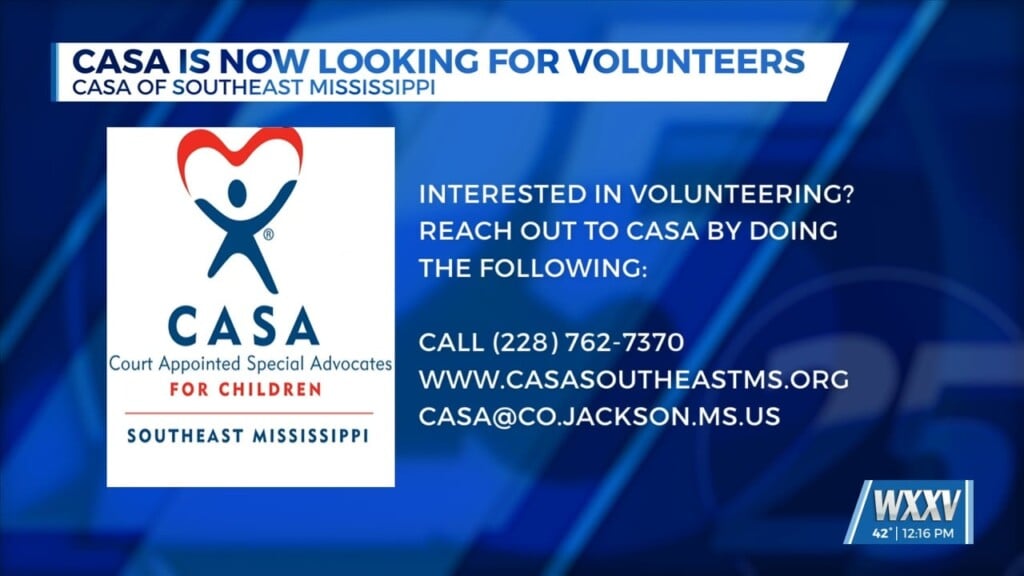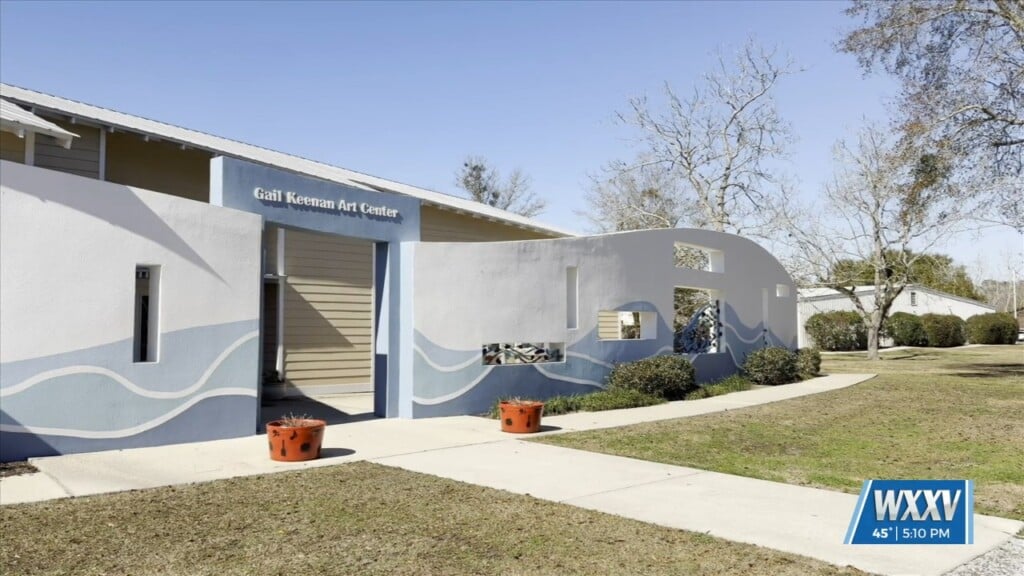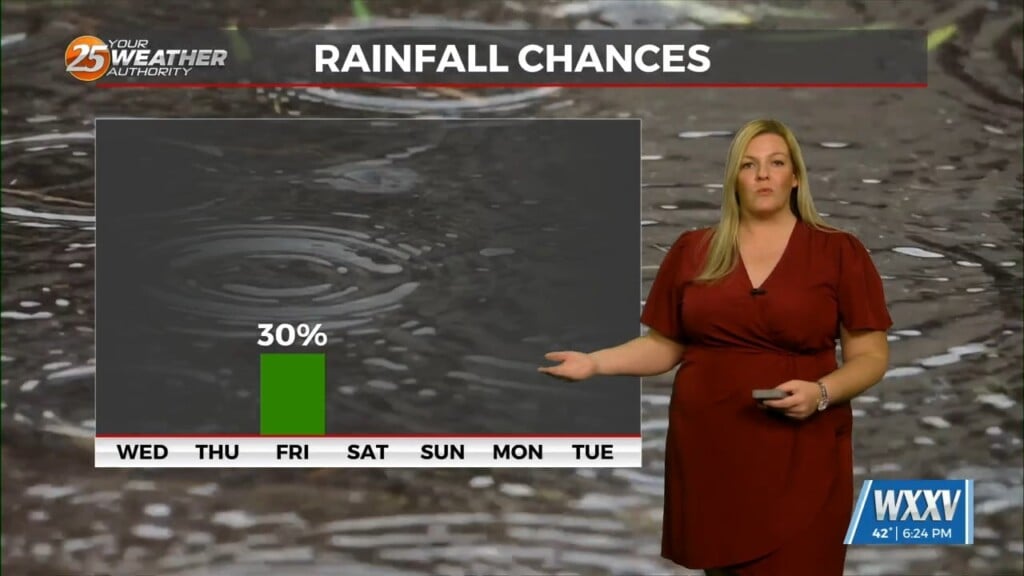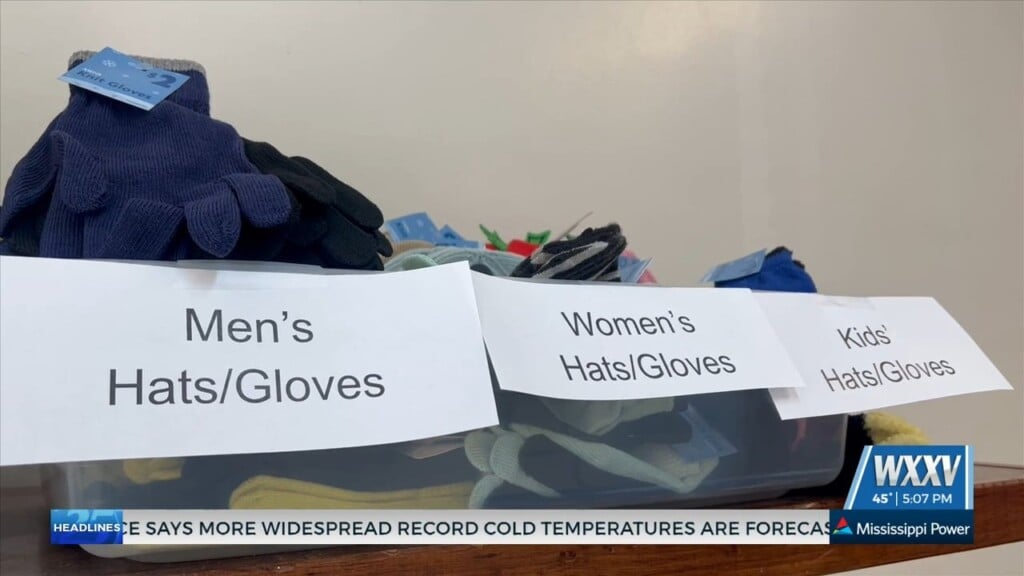How to help veterans enjoy Fourth of July
For many, shooting off fireworks is simply a way of showing their pride during the Fourth of July, but for some who gave us the freedom to do so, it can be a difficult holiday.
“We experience you know, a lot of unique situations without going into detail but that the normal human being wouldn’t normally see. So as far like mentally you know it can, it can take a toll on you.”
For Air Force Veteran Joshua Wilson and many other veterans, the Fourth of July is a day of celebration and independence, but also a day that can sometimes bring back past trauma. “It will affect me if I get caught off guard, you know for the Fourth of July as you can see them. So, now somebody throws some firecrackers at me, it’s different. So, it’s just situational. Most vets that experience PTSD, severe PTSD, they don’t have any control over that.”
Veterans are three times more likely to suffer from post-traumatic stress disorder in their lifetime than the regular U.S. citizen, meaning you can easily have a veteran neighbor struggling with the disorder. Gulf Coast Veterans Affair Behavioral Coordinator Dr. Tegi Tartt Godbolt stressed to be aware of your neighbors. “For folks out there who are wondering what they can do, being more mindful of shooting fireworks, we’re not saying don’t shoot fireworks around and think about like maybe stopping those earlier.”
For those who may start suffering from symptoms, Dr. Godbolt and Wilson state to reassure yourself best you can. “If you find yourself in a situation like you said where somebody’s close and fireworks are going off, grounding, reminding yourself like where you are and what’s happening around you repeating that you know this is only fireworks, I’m not in combat would be an option. Drowning out the sound is another option. “
“You know just take one step, one day at a time, one step at a time. Lean on the folks that are truly there for you, again the staff, everyone here at the VA, you know they have your back. Just know everything is gonna be alright.”
The VA provides group and individual therapy and a host of other treatments if you and your loved on may need assistance. For more information call 228-523-5000.



